An HVAC system is responsible for heating and cooling your home, including ventilation and air conditioning. Two popular choices are the Carrier Comfort and Performance Series. But what sets them apart? We've looked these up and summed up their qualities and functions in this post.
The Carrier Comfort and Performance Series are two of several of Carrier's systems. While they have their similarities, they come with distinct features. These are primarily the following:
- Sound Performance
- Power Efficiency
- Price Points
Keep reading as we discuss the differences between Carrier Comfort and Performance Series, the pros, the cons, and a couple of factors to consider when buying an HVAC system.
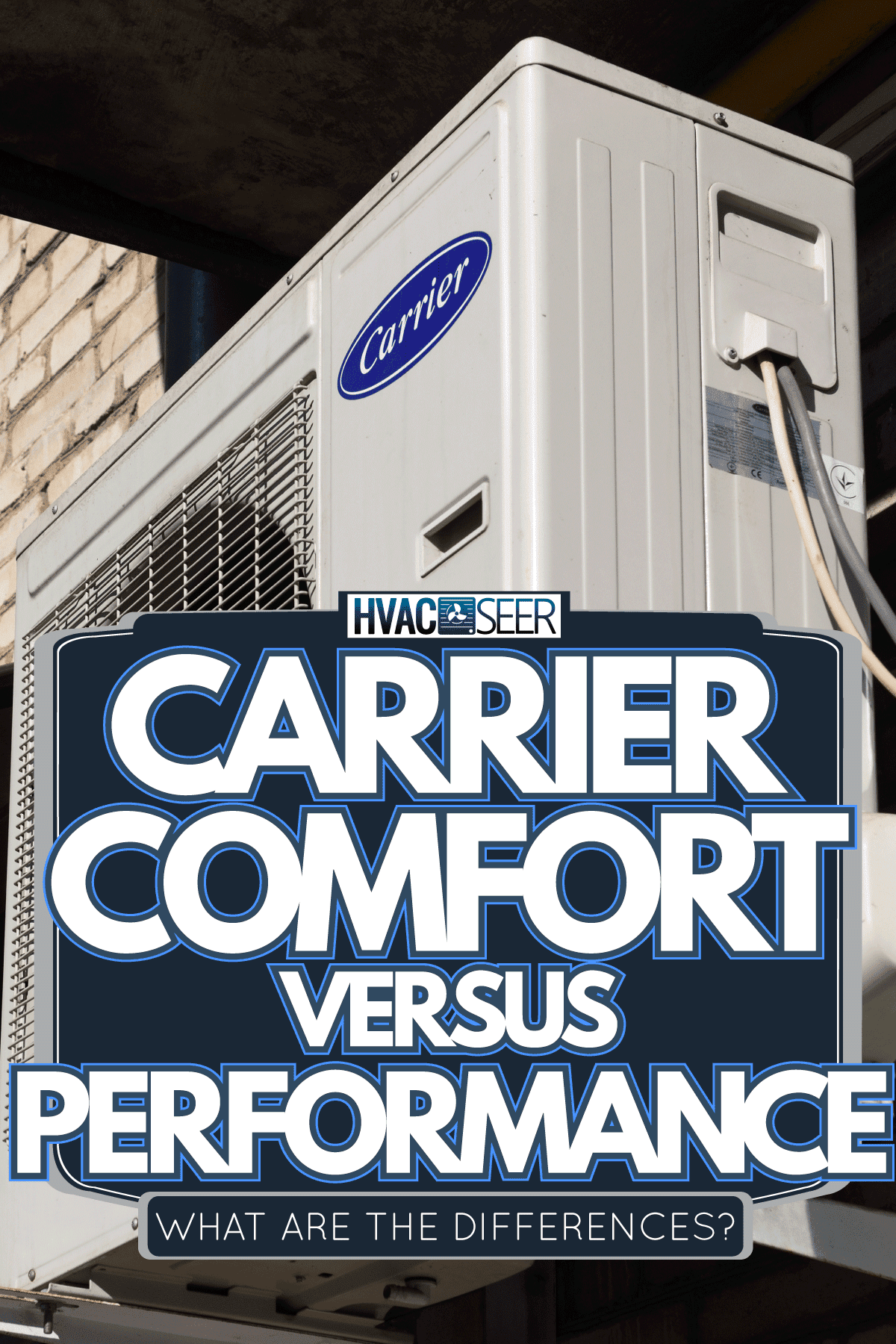
The Carrier Comfort vs Performance Series
Known as an innovative HVAC manufacturer, Carrier offers a wide range of systems to meet various homeowner needs. Among their popular products, there's Carrier Comfort and Carrier Performance.
Although they are mostly similar in function and results, their differences are worth considering. Here is a brief on each of them:
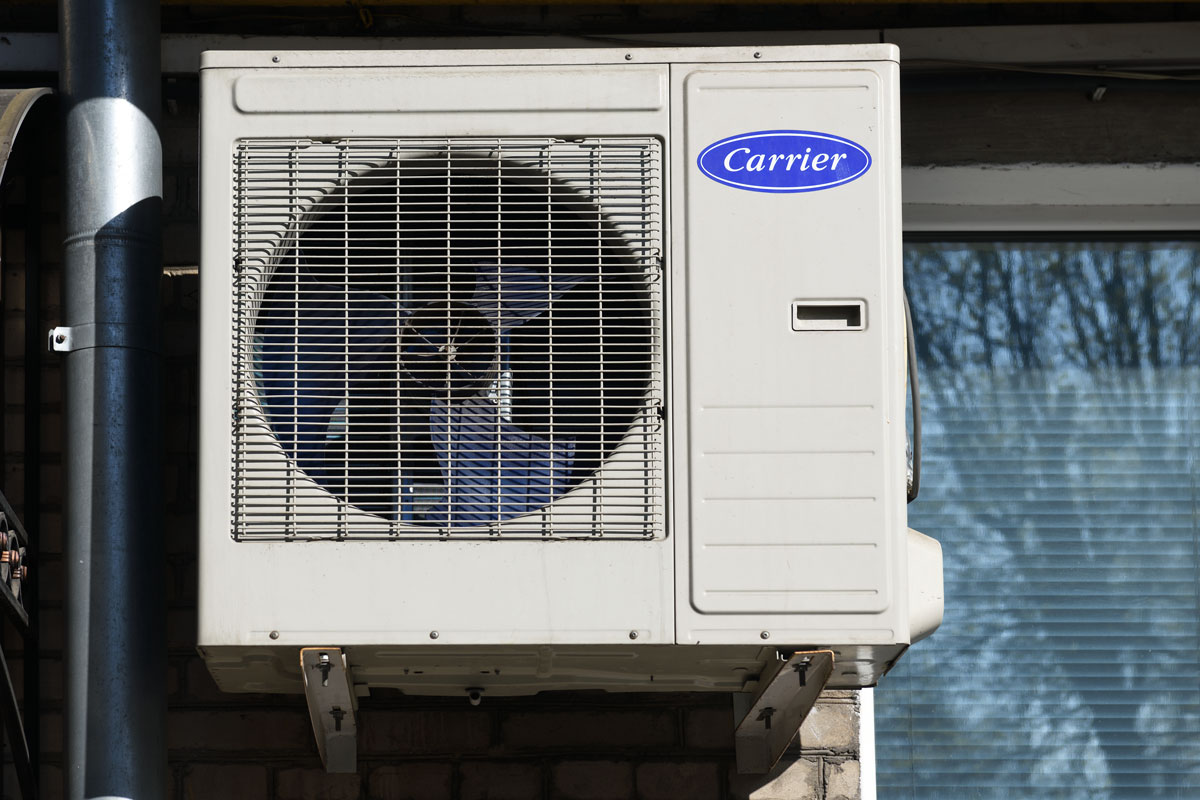
Sound Performance
Unlike most HVAC systems, the Carrier Comfort Series focuses on noiselessness without sacrificing efficiency. So, they can keep your home at the right temperature and humidity level with minimal sound or completely silent, increasing comfort in more ways.
As the name suggests, the Carrier Performance Series concentrates on performance instead. Because of this, it doesn't offer complete silence during operation. However, it usually features sound levels between 68 to 74 decibels, which is still lower than most variants.
Power Efficiency
In terms of energy consumption, both are very efficient, but the Performance Series wins out.
All Carrier units cut their energy costs with the help of cutting-edge technology. Because of this, most would recommend it for homeowners seeking cost-effective comfort.
The Performance Series provides great balance if you have a limited budget and want long-term efficiency. It offers a SEER rating of 17, ensuring excellent temperature and humidity control without increasing energy costs.
Comfort Series models come with SEER ratings from 13 to 16. This means you'll spend more on your energy bill, but you may save with upfront costs.
Price Points
The Comfort Series is more affordable than the Performance Series, making it favorable for homeowners working with a tight budget. Usually, the Performance Series comes at average to high price ranges depending on the provided features.
Is Carrier Worth Buying?
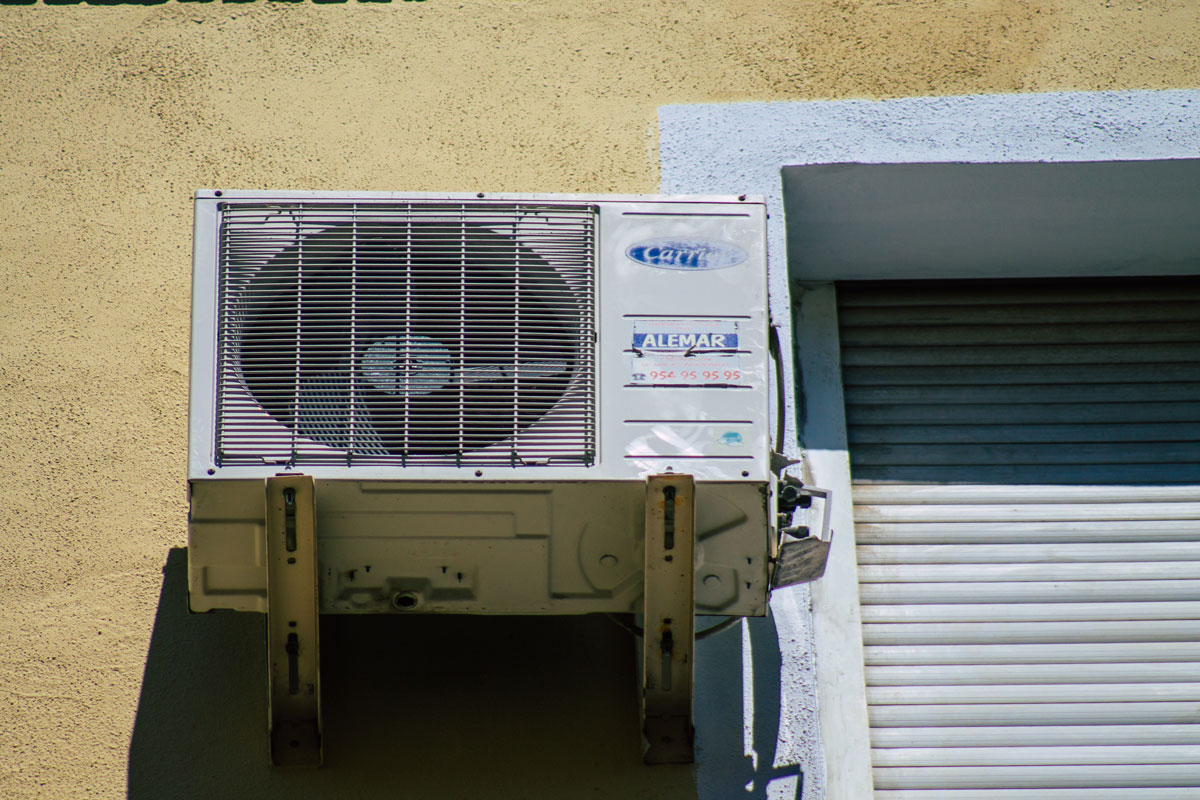
If you don't mind paying extra, Carrier gives you your money's worth with their products. Many professionals recommend Carrier for having the quietest and most energy-efficient HVAC systems. But like other brands, they come with a few drawbacks as well.
Pros Of Getting Carrier
They optimize their products to cater to solutions for various homeowner concerns. Some of those exceptional features are as follows:
Unit Performance
Compared to other HVAC systems, Carrier aims to provide modern solutions through the performance of its products. Its units come with SEER ratings of at least 13 and higher and a wide range of capacities, making them suitable to work in different space sizes without sacrificing effectiveness.
Climate Control Features
As a manufacturer, Carrier is known for developing new technologies for HVAC systems. Some of these include energy-saving, sustainable options, and control innovation.
They equip their products with innovative features that adjust temperature settings accordingly and respond to current weather conditions. Each unit also provides real-time energy consumption reports, contributing to the energy-saving properties of the system.
Energy-Saving Innovation
Admittedly, an HVAC system can be expensive, from general energy costs to necessary maintenance and repairs. Carrier's products feature increased energy efficiency to lower annual power costs.
Carrier also offers geothermal technology installation for homeowners to save even more by using ground temperature to heat and cool their homes.
Type Availability
Carrier has several categories for its products, each offering a different focus feature. These make it easier for homeowners to pick products that are a good fit for specific needs. These are the Infinity, Comfort, Performance, and Compact Series.
Cons Of Getting Carrier
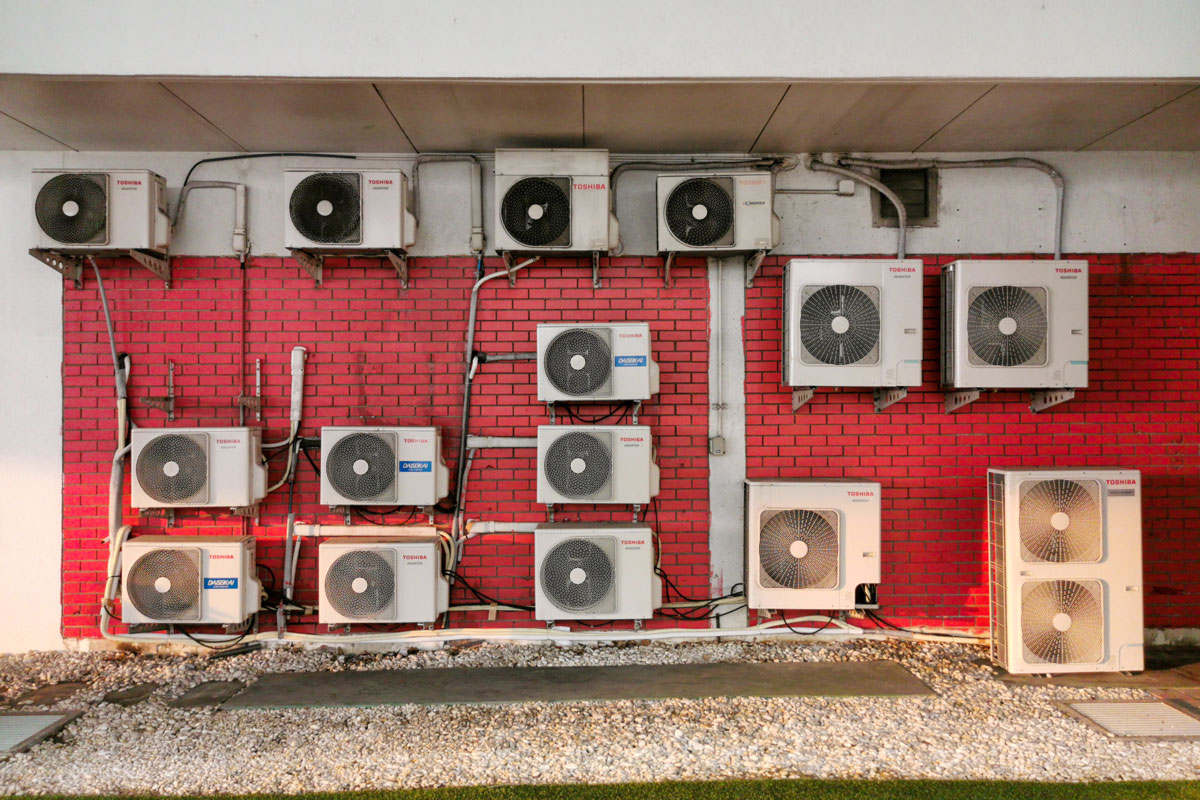
Despite these advantages, Carrier products also have a few drawbacks to note. These are listed below:
Unit Cost
Although there's a vast selection of products, Carrier's higher-end products lean towards pricier HVAC unit options. Price is a deciding factor for some homeowners, so this can be a downside for customers on a budget.
Option Selection
Having a wide range of options to choose from isn't always an easy solution for everyone. It's troublesome to look through all the product types if you don't have enough time. In some cases, the features you need could be found separately, instead of within a single unit.
How Long Do Carrier Products Last?

The life of Carrier HVAC systems varies on the type of product. But usually, these last anywhere between 15 to 25 years.
There's no specific answer to the lifespan of a unit. An HVAC system can stand for a lengthier period with proper maintenance and usage. A modern air conditioner can last up to 25 years, while a well-maintained furnace goes as long as 15 to 20 years.
Some elements that lower the life expectancy of an HVAC system include the following:
- exposure to outside factors, like rain or debris
- poor installation
- lack of care and upkeep
- rate of use
What To Consider When Shopping For An HVAC System
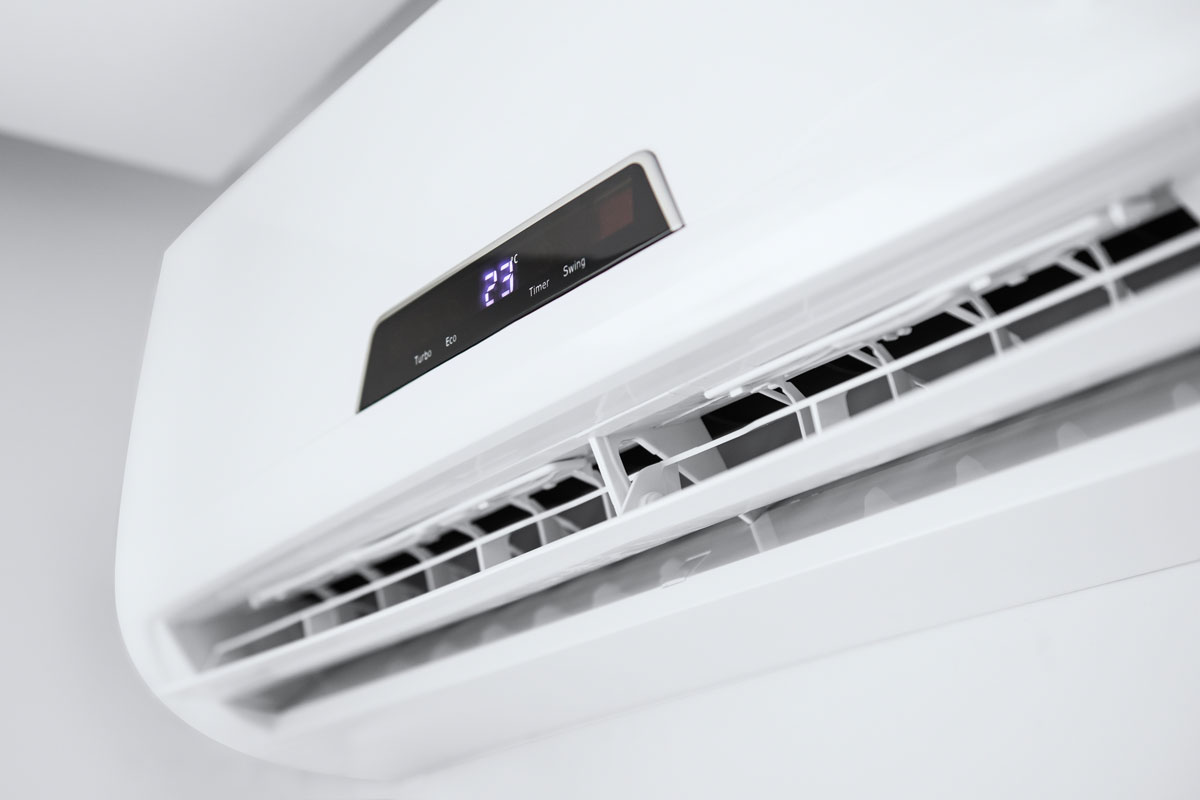
You should lookout for a few things before purchasing an HVAC system. Each feature makes a significant difference to how the system performs, so it's necessary to consider them. These are the following:
Comfort Quality
Heating and cooling units directly influence temperature and air quality within your home. At the same time, these affect the overall comfort experience.
To get a more accurate unit, observe the usual conditions in your home to determine which concerns the system can solve. For example: getting an HVAC unit that focuses on controlling humidity if you encounter moisture collection often.
Other factors support comfort quality, such as sound production. HVAC systems are usually loud, which can be bothersome to some homeowners. A quieter system is likely more comfortable and less distracting.
Efficiency
Most HVAC systems are constantly changing to improve how efficiently they perform. Luckily, there are now rating systems to help homeowners determine the efficiency of a unit.
A popular rating system available is the Seasonal Energy Efficiency Ratio or SEER. Units that come with a higher SEER rating means they are more efficient, meaning they can result in lower energy bills.
Capacity
Your chosen HVAC system must be capable of heating or cooling your whole space. If not, it defeats the primary purpose of the system. British Thermal Units or BTUs measure the capacity of systems wherein a higher BTU rating means they cater to higher capacity.
Compatibility
Some HVAC systems are not compatible with newer technology and programs, like virtual thermostat controllers. While this isn't a requirement, a system that offers compatibility with software adds convenience.
With the help of virtual controllers, you can quickly turn your HVAC systems on or off depending on when you use them. On top of saving energy and money, doing this lengthens the life of your system effectively.
Maintenance
Like other utility systems, an HVAC system will require regular maintenance for continued performance. Most homeowners prefer low-maintenance and cost-effective units.
If the HVAC system you select requires higher maintenance, you can negotiate for a plan that includes regular inspection and repair services from your system installer.
Cost
In choosing an HVAC system, it's essential to go for units that are also comfortable, efficient, and durable, regardless of the price. However, cheaper options won't always have weaker performance, and pricier units don't always provide the best.
Look into the features and how it lines up with the price. You should also keep in mind that fewer repairs, lower energy consumption, and needing fewer additional products can also help you save money.
The Bottomline
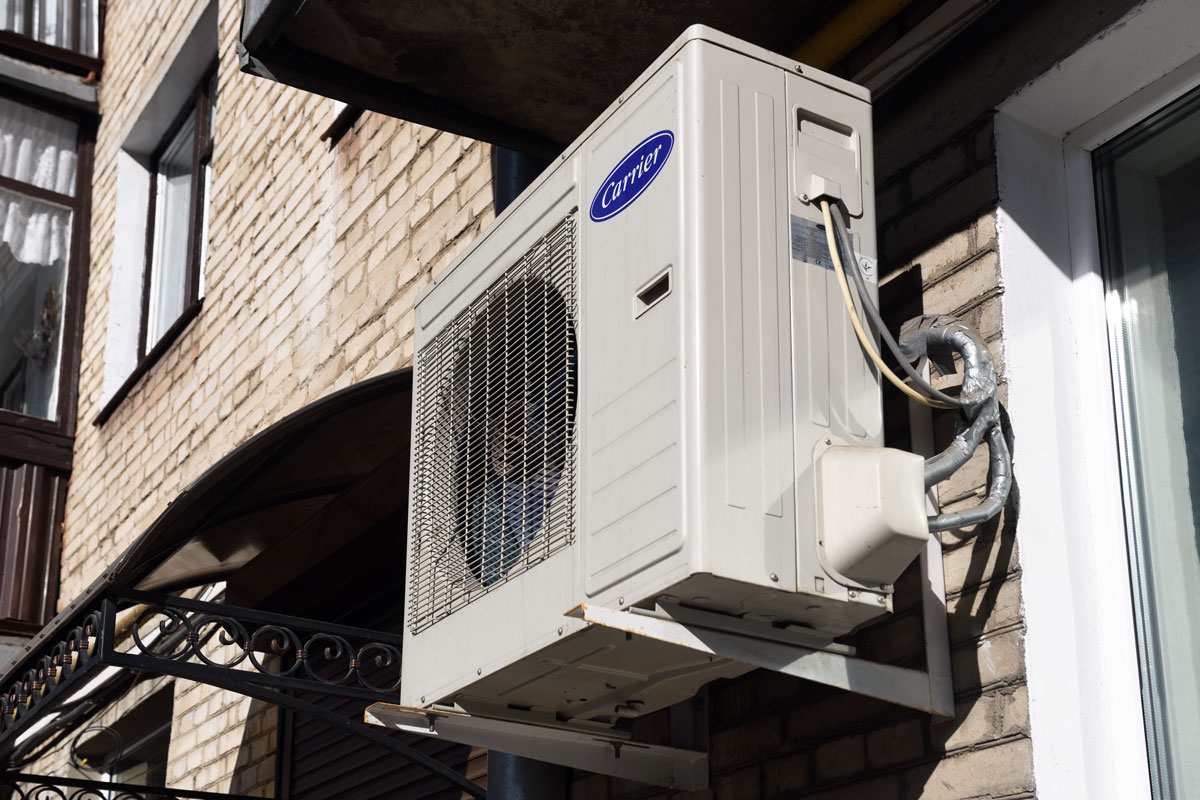
Carrier provides a selection of products optimized to meet different concerns and expectations from an HVAC system. While there's a wide range, the Comfort and Performance Series are both notable for the features they carry.
In summary, the Comfort Series is best for homeowners looking for a quieter energy-efficient HVAC system that comes with performance just as good as other, louder options. On the other hand, the Performance Series is suitable for homeowners interested in HVAC systems that offer various innovative solutions and enhanced operation.
You can learn more about Carrier and their competition in these great articles:
